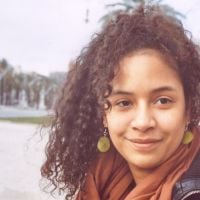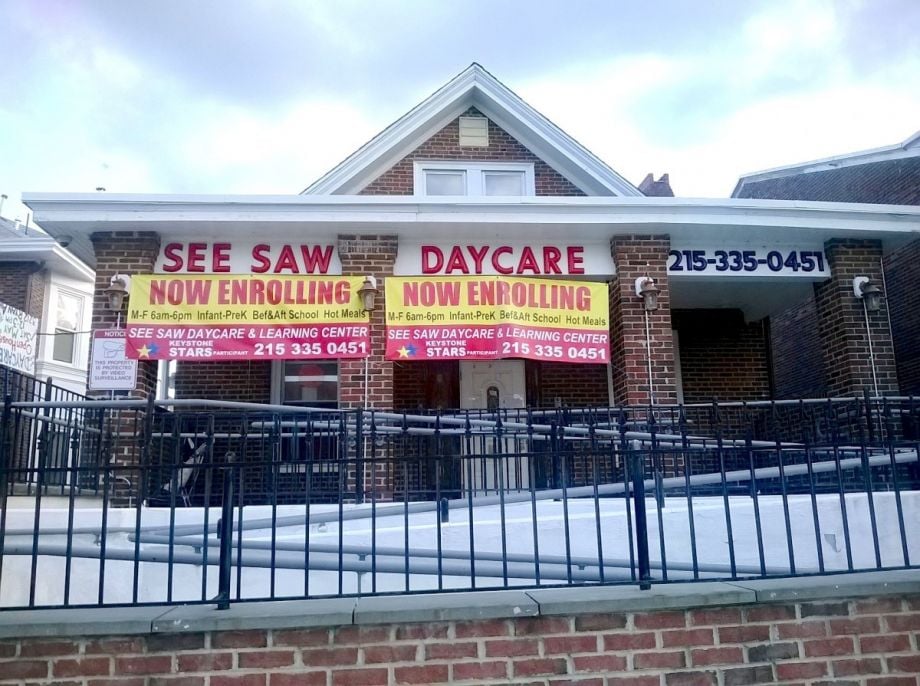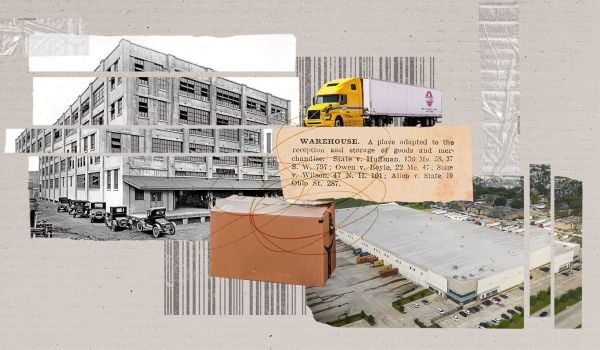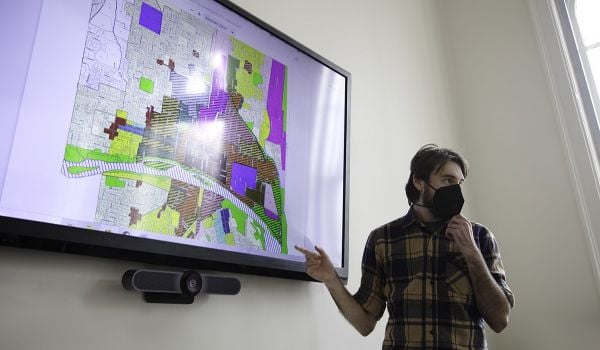A few weeks ago, I wrote about how a proposed zoning overlay in Philadelphia that would ban a laundry list of businesses in a Northeast neighborhood — from hair and nail salons to daycare centers — would impact small business owners. Now, Philly’s City Council has moved toward making it tougher citywide for people to open home daycare centers, a small-business opportunity often pursued by lower-income women and a service that many working moms rely on. On top of the vagaries of city zoning challenges, this new proposal fans the flames of a nationwide debate about daycare as a babysitting service versus daycare as an early childhood education opportunity.
Prior to Philly’s 2012 zoning code overhaul, a person looking to open a group daycare servicing six to 12 children in a residential area had to apply for a variance. In order to get the variance, they would have to prove hardship. The new zoning code (which sought to cut down on variances) dictates that same person can now apply for a “special exception,” rather than a variance, which is a process with a lower bar. The burden of proof that would block a daycare from opening shifted from the daycare proprietor to any neighbors or objectors who wanted to show that such a business would harm public welfare. During discussions about the new zoning code, childcare advocates testified to City Council that the shift to a special exception would increase economic resources in neighborhoods, provide childcare opportunities for families and “help to cut back on unnecessary appeals to the [Zoning Board of Adjustment] that are expensive and time-consuming to providers, and would cut back on time and resources necessary to interpret, administer, and enforce the Code.”
Well, last Thursday, the City Council’s Rules Committee passed a bill that takes daycare businesses back to the old system, where potential proprietors will once again have to apply for a variance in order to open in a residential area. “We did fine for the last 60 years with that, and there was no need to change that,” Councilman Brian O’Neill said during the hearing on the reversal, according to CBS3.
Sharon Easterling, executive director of the Delaware Valley Association for the Education of Young Children (DVAEYC), an advocacy group promoting high-quality early childhood education, says that opposition to home-based daycare is not a new fight in Northeast Philly. Powerful civic associations in the area have been looking to boot daycares from residential neighborhoods since the late ’90s.
“They say, ‘Look, we don’t want our residential streets turned into places of business,’” Easterling says of the bill’s supporters. “‘We don’t want to have to deal with parents coming in and out and all the residential traffic. We think that it will bring our property values down.’ And the truth of the matter is, a poorly run childcare center will probably do that.”
In the past, DVAEYC has advocated that home-based daycare centers serving up to six children be allowed to open in neighborhoods without needing to apply for a variance, but as the number of children goes up, so does the strain on the neighborhood. “I think there is a legitimate concern if you are going to serve between six and 12 kids on a residential street,” she says. “And I think it’s incumbent on the person who is going to open one in their home to talk to their neighbors, to be a good neighbor and to get support.”
For people familiar with the thorny ways that class and race dynamics in Philadelphia can insert themselves into conversations about land use, the “good neighbor” aspect of this issue can elicit a wince. Daycares are a significant entrepreneurship opportunity for women in the city — one often pursued by women of color. As the de facto neighborhood segregation of Philadelphia slowly crumbles away, it’s difficult to untangle whether this type of NIMBYism is a rallying effort to keep a neighborhood quiet and safe, a racist/classist intimidation tactic against daycare proprietors, or some combination of both.
When Monica Wright applied for a variance for a home-based daycare center in the neighborhood of Kensington 12 years ago, she remembers being screamed at by a councilman over plans for a first-floor bathroom. “He was serious, and he was scaring me,” she recalls. “No one should have to go through that. That’s how messed up the city’s zoning laws are for low-income women trying to service other women.”
Wright formed the Association of Child Daycare Providers to bring proprietors facing similar challenges together. She was at the hearing for the new bill last week and recounts the vulnerability and emotions felt by its opponents. “As I and another child care provider were talking, we both had the tremble all daycare providers have,” she says. “We’re in a position where we have to take care of other peoples’ kids. We can’t get mad. We have to service parents. We have to change diapers. We have to deal with kids that are brought to the daycare with fevers.”
Resources for women seeking to open home-based daycare centers or those encountering problems (with zoning and building codes, with their health, with finances) are slim in the city. The Community Legal Services’ Child Care Law Project, which had expertise in this type of assistance, lost funding last year.
Instead, there’s been an increase of funding for, and conversation around, childcare programs that qualify for or hope to qualify for the Keystone STARS program. This statewide initiative sets performance standards for early childhood learning programs. According to DVAEYC, only 12 percent of children in Philadelphia are enrolled in a high-quality early childhood education setting, as measured by Keystone STARS.
“As an early childhood education advocate and someone who has been trained in the field, I really understand that those first few years of life are the time when children are learning the most,” says Easterling, who is concerned about the bill’s potential to thwart “high-quality, home-based early childhood education programs.” But while Easterling says she’s “not that excited or interested in supporting the proliferation of more babysitting services,” Wright thinks that the need for neighborhood childcare options for working mothers is too great, saying, “they should never be trying to try to make it harder for anybody.”
Easterling notes, too, that the harsher the rules are against home daycares, the more likely it will be that unregulated centers will proliferate. “When people go underground, it’s a lot harder actually to get the government to take action and close them down.”
At a recent Next City event about building a family-friendly Philadelphia, a panel discussion revealed that early childhood education could be a hot topic in Philly’s mayoral election next year. Home-based daycare providers — who face mounting pressure to become accredited and join professional development associations like DVAECY on one side, and growing zoning hurdles on the other — will likely be paying close attention, as will the mothers who depend on such childcare.
The Equity Factor is made possible with the support of the Surdna Foundation.

Alexis Stephens was Next City’s 2014-2015 equitable cities fellow. She’s written about housing, pop culture, global music subcultures, and more for publications like Shelterforce, Rolling Stone, SPIN, and MTV Iggy. She has a B.A. in urban studies from Barnard College and an M.S. in historic preservation from the University of Pennsylvania.

















